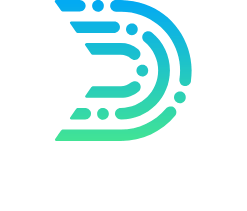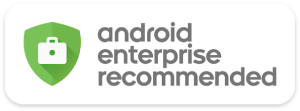SaaS, software as a service, has become a well-known acronym over the last few years. However, increasingly we are being confronted with more and more products being offered as a service rather than a once-off purchase.
Is there a business opportunity for your organisation in this change?
What the music industry teaches us
The conversion of previously tangible products into ongoing service purchases is most clearly illustrated in the music industry.
In the not too distant past, buying a CD of an artist or band you followed was the way you consumed your music. Prior to this time, you purchased a cassette or a vinyl record.
Once you had the physical product in your hands, your transaction with the music company was complete. And the music company had no idea what you did with your vinyl/cassette/CD once you had paid for it.
Whether you played your CD once or a million times, they had captured their value at the point of sale.
Not so anymore.
Now, of course, the music industry is almost 100% based on streaming. Paying a fixed monthly fee, you might use Spotify, Apple or Amazon to own nothing more than access to play the music you like. The music company keeps earning a fee from you and the artist(s) earn relative to how many times their music is played.
The data that comes with a service model
Alongside this ongoing revenue, think about the data the music company now has at their fingertips.
Now they can see:
- What music you like
- When you play it
- How often you play it
- Where you listen to it
All of this data enables them to refine their marketing and business development strategies to tailor their offerings and appeal to different audiences.
For you as the consumer, your monthly subscription entitles you to new upgrades, support and additional innovations. These are not services you can access when you buy a product outright in one final sale.
How does this apply to B2B industries?
If you supply machines to B2B buyers, the music industry has a lesson for you in innovating your business model.
For example, let’s look at the large autoclave/washers in the sterile services department in a hospital.
Firstly, buyers need to secure the capital expenditure budget.
Next they have to set up and run a tender process.
Once they have awarded the tender and purchased the machine, they then need to set up and run a tender for support and maintenance services.
With all this in hand, the hospital is still on the hook to cover any non-warranty issues.
The buyer will also need to pay for upgrades as they become available. And pay a yearly maintenance fee to have machines maintained and calibrated to an approved standard.
The buyer simply wants to purchase a thorough way to run cleaning cycles for their hospital. Instead, they’ve earned themselves a whole lot of paperwork and headaches too as they’ve purchased a large machine.
What if there was a way to service these clients so that they could buy cleaning cycles, instead of machines, support and upgrades? And what if this deal could also enable the manufacturer/supplier to have full transparency over the usage of the machines once the client was using them?
The supplier could quickly identify possible support issues before they arose. In addition, the supplier could keep consumables at a correct level to avoid the client running out. Software upgrades could be made remotely to add new functionality.
Overall, a positive feedback loop would be created between the hospital client and the machine supplier. The data of how cleaning cycle machines are really being used and performing would be valuable to both parties. What’s more, just think of the steller level of customer service available in such an arrangement.
We could take inspiration from the SaaS industry for buying cleaning cycles. The acronym might take a bit longer to catch on, but think of the benefits.
For hospitals, this model represents an opportunity to only pay for what they use. All of the hassle of owning a machine is removed. Furthermore, the machines will be subject to far less downtime this way radically improving patient outcomes.
If you’re a machine supplier to B2B customers, the scenario we’ve illustrated above needn’t be a dream. You can have this from day one.
With DreamTec’s proprietary technology and processes, we can help you.
Contact us today to explore how our technology can help you offer new value to your customers.



